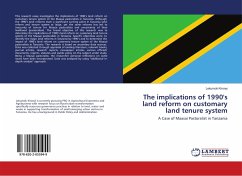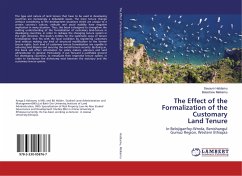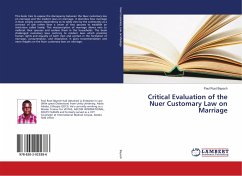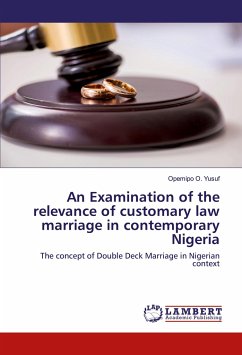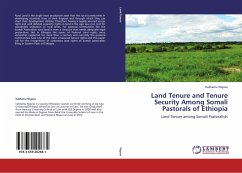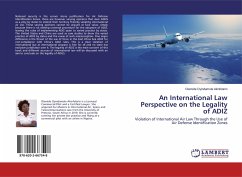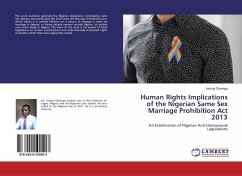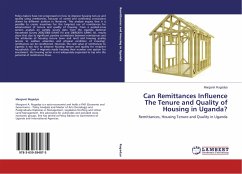This research essay investigates the implications of 1990's land reform on customary tenure system of the Maasai pastoralists in Tanzania. Although the 1990's land reforms mark a significant turning point in Tanzania land reform and tenure system at large, yet the same reforms has led to insecurity of tenure for Maasai pastoralists and uncertainty of their livelihood (pastoralism). The broad objective of this research was to determine the implications of 1990's land reform on customary land tenure system of the Maasai pastoralists in Tanzania. Specific objectives were; to identify the major land reforms in Tanzania by 1990's and to determine the impact of 1990's land reform on customary tenure system of the Maasai pastoralists in Tanzania. The research is based on secondary data sources. Data was collected through appraisal of existing literature; relevant books, journal articles, research reports, newspaper articles, various officials' documents, reports, statutes and public policy on the subject under study. Being a Maasai pastoralist, the researcher personal reflections on some issues have been incorporated. Data was analyzed by using "additional in-depth analysis" approach.
Bitte wählen Sie Ihr Anliegen aus.
Rechnungen
Retourenschein anfordern
Bestellstatus
Storno

